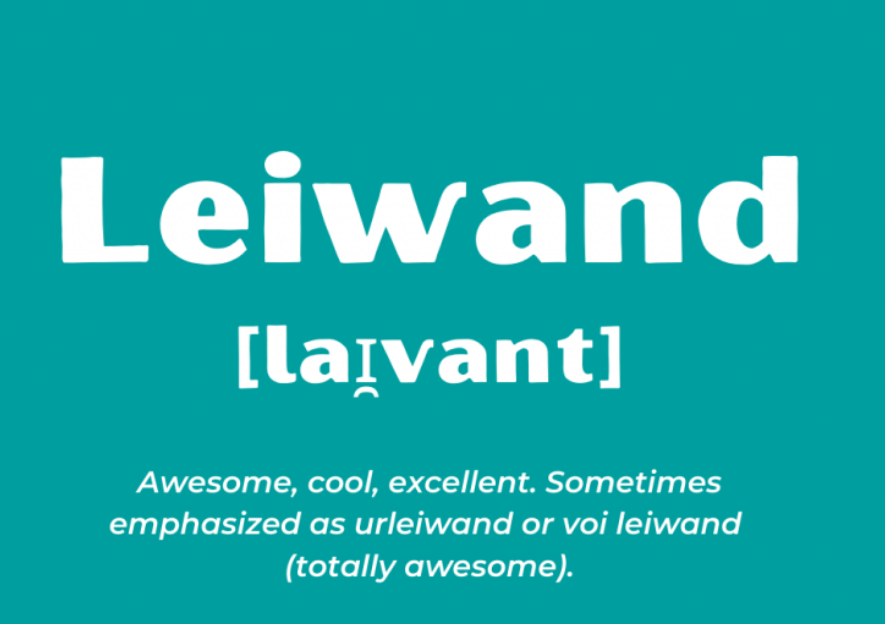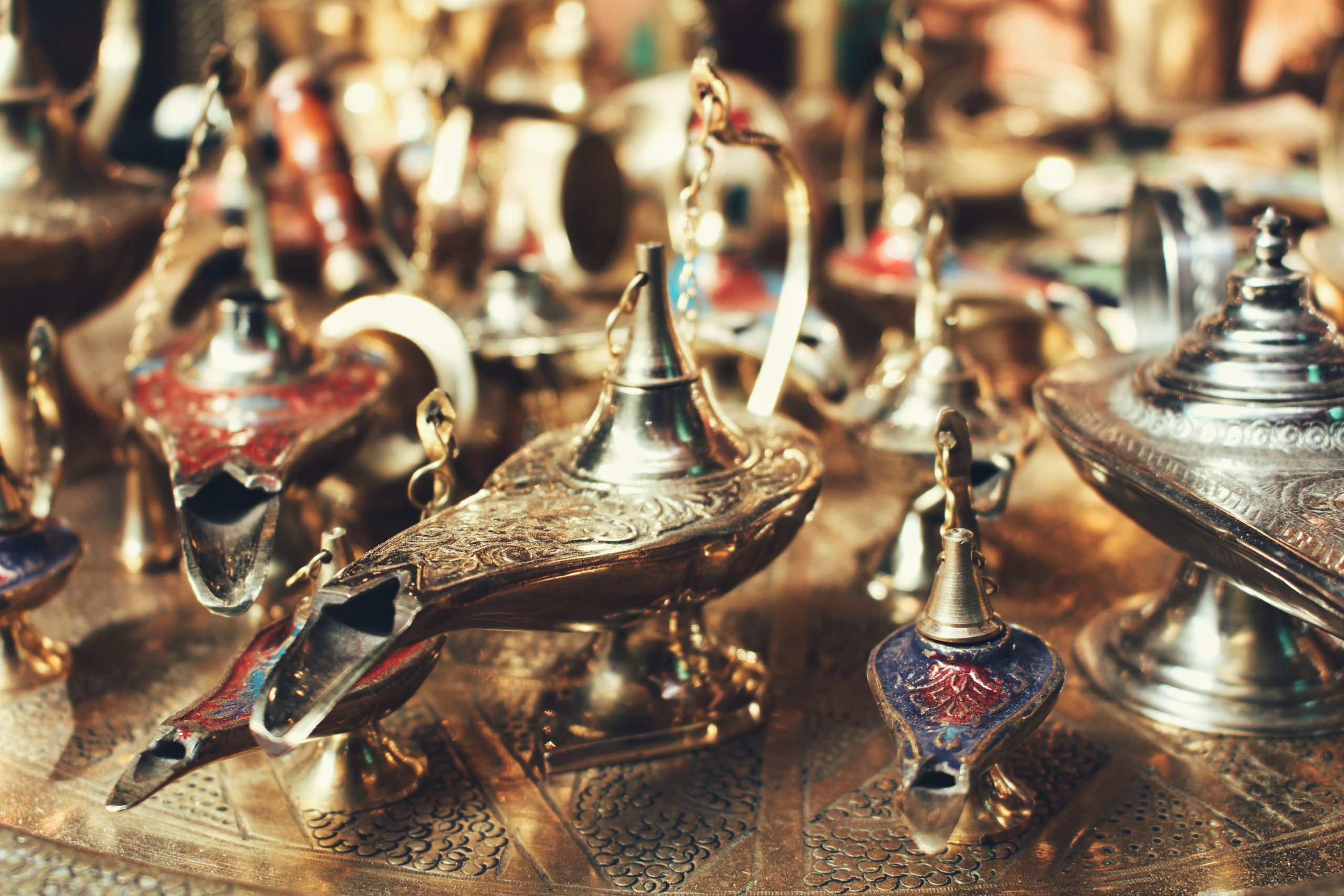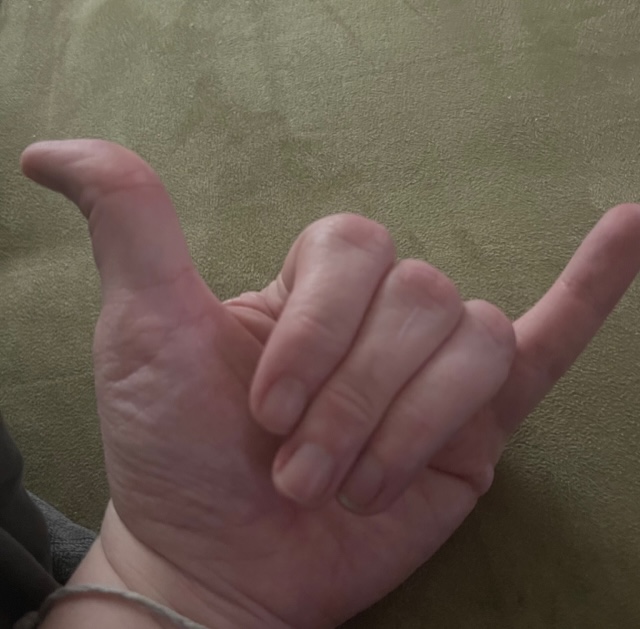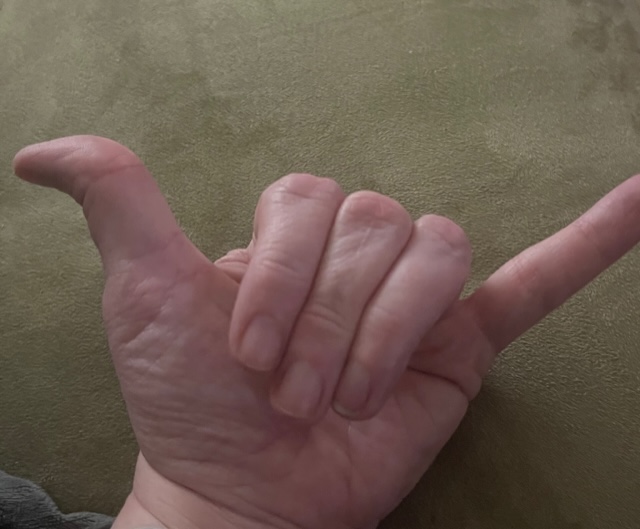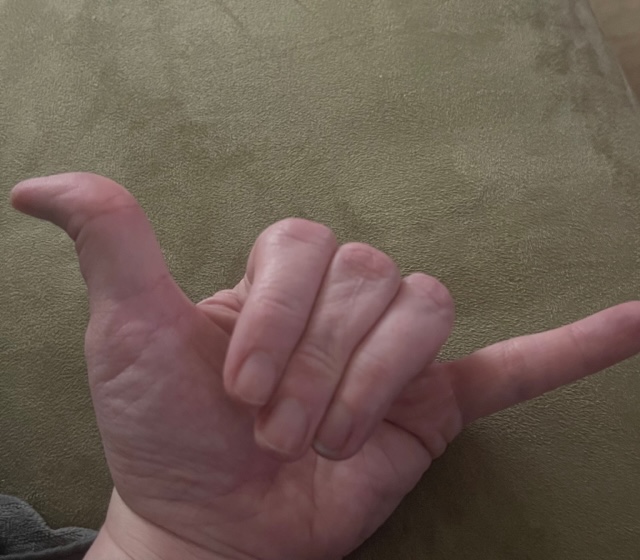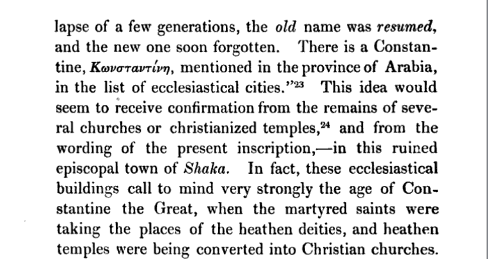Shaka
The term “Shaka” is used in some ancient texts of India to describe a sovereign king and the Shaka Tribe. It then moved to South Africa and is famously known as the name, “Shaka Zulu.” It is said he was born in 1787 in Kwa-Zulu-Natal, South Africa. This does pose the question whether black Africans had origins in India or strong ties with a people who had been in India. For those naming their baby Shaka, the origin sites claim that the word is African for “power.”
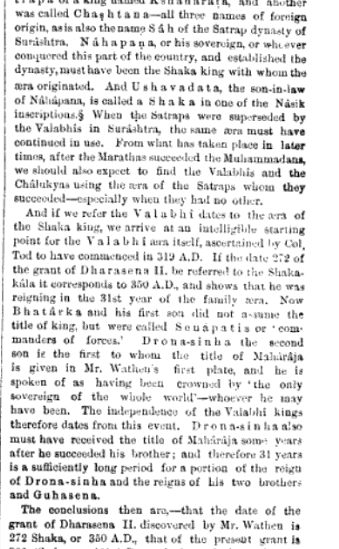
People should be careful about the appropriated and altered history of shaka. It simply means “king.” My assertion is that it traveled with me and my family, in our various lives, from India to Natal and then to Hawaii and California. My great-grandfather, Robert Miller, lived in India and South Africa. My great-aunt, Jean Paterson, lived and died in Natal and my paternal grandmother lived in Hawaii. We have had ties to these regions for a very long time.
Some say the hand signal is based on drinking, the telephone, Spanish visitors, a used car salesman or that it was made up by a sugar plantation employee who had been injured and children imitating his hand gesture. There has even been the sugestions that the gesture was popular with criminals in Vienna, along with the word, “leiwand.” For this, I would draw attention to the phonetic pronunciation of “leiwand” since it has ties to the vampyre, as well as my part of the story. In my history, it was actually based on a genie lamp and had been a a way for kindred to identify one another and say hello. It was later adopted by the humans who saw us using it.
Shakahari means vegetarian. For us, that meant kindred who did not feed on humans.


